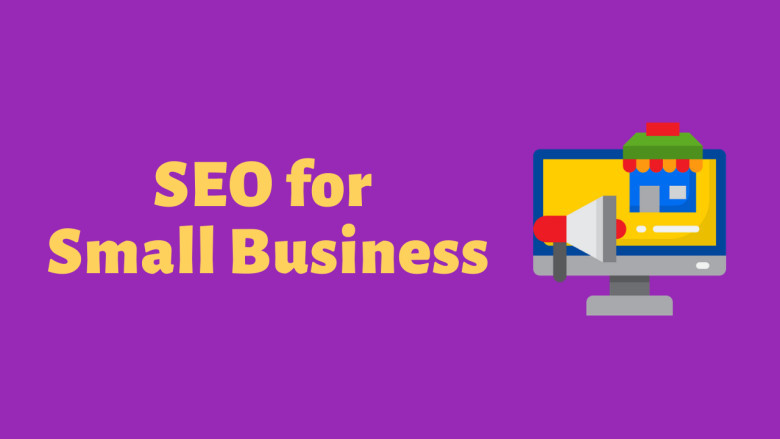views


In the realm of Search Engine Optimization (SEO), small businesses often encounter a myriad of myths and misconceptions that can impact their digital strategies. Understanding and dispelling these myths is crucial for small businesses seeking to navigate the complex landscape of online visibility effectively. In this guide, we'll debunk common SEO myths to provide clarity and empower small businesses to make informed decisions.
1. Myth: SEO is a One-Time Effort:
Debunking: SEO is an ongoing process that requires consistent effort and adaptation. Search engines frequently update their algorithms, and the competitive online landscape evolves. Regular content updates, technical optimizations, and staying current with SEO best practices are essential for sustained success.
2. Myth: More Keywords Mean Better Rankings:
Debunking: Keyword stuffing, or the excessive use of keywords, is not an effective SEO strategy. Search engines prioritize content that is natural, relevant, and valuable to users. Focus on creating high-quality content that incorporates keywords naturally, rather than overloading your pages with them.
3. Myth: SEO is Only About Rankings:
Debunking: While rankings are an important metric, SEO is not solely about securing top positions on search engine results pages. The ultimate goal is to attract relevant, organic traffic and convert visitors into customers. Focus on user experience, content quality, and achieving business objectives beyond rankings.
4. Myth: Backlinks Quantity Trumps Quality:
Debunking: The quality of backlinks is more important than sheer quantity. High-quality, relevant backlinks from authoritative sources contribute significantly to SEO success. Focus on building a diverse and natural backlink profile rather than pursuing an excessive number of low-quality links.
5. Myth: SEO is Only for Large Businesses:
Debunking: SEO is equally crucial for small businesses looking to establish and grow their online presence. Local SEO strategies can be particularly beneficial for small businesses, helping them target a specific geographic audience and compete effectively in their niche.
6. Myth: Meta Tags are the Key to SEO Success:
Debunking: While meta tags (title tags and meta descriptions) are important for on-page SEO, they are not the sole determinants of a website's success. Content quality, user experience, technical optimizations, and other factors contribute significantly to overall SEO performance.
7. Myth: SEO Results are Immediate:
Debunking: SEO is a gradual process, and results may not be immediate. It takes time for search engines to crawl, index, and rank pages. Patience is key, and small businesses should focus on building a strong foundation for long-term success rather than expecting instant results.
8. Myth: Social Media Directly Impacts SEO Rankings:
Debunking: While social signals may indirectly influence SEO, social media activities themselves are not direct ranking factors. Engaging in social media can contribute to brand visibility, traffic, and content sharing, but it should be viewed as part of a holistic online strategy.
9. Myth: SEO is All About Technical Aspects:
Debunking: While technical SEO is essential, content quality and relevance play equally crucial roles. SEO is a multifaceted discipline that encompasses technical optimizations, content creation, link building, and user experience improvements.
10. Myth: SEO Guarantees Instant Sales:
Debunking: SEO is a powerful tool for attracting organic traffic, but it doesn't guarantee immediate sales. Conversion depends on various factors, including the quality of your products or services, website design, and the overall user experience. A lot of people using small business SEO services on Doxyra know about this.
11. Myth: Google AdWords Boosts Organic Rankings:
Debunking: Participating in Google AdWords (pay-per-click advertising) does not directly impact organic rankings. Google's algorithms treat paid and organic search results separately. While AdWords can increase visibility through paid ads, it doesn't influence organic search rankings.
12. Myth: SEO is Set-and-Forget:
Debunking: SEO requires ongoing monitoring and adaptation. Regularly analyze performance metrics, stay informed about industry trends, and adjust your strategy based on algorithm updates and changes in user behavior.
Conclusion:
Dispelling common SEO myths is crucial for small businesses aiming to build a solid online presence. By understanding the realities of SEO and adopting informed strategies, small businesses can navigate the digital landscape effectively, attract organic traffic, and compete successfully in their respective markets. Staying informed, adapting to industry changes, and focusing on user-centric practices are key to achieving sustainable SEO success.





















Comments
0 comment